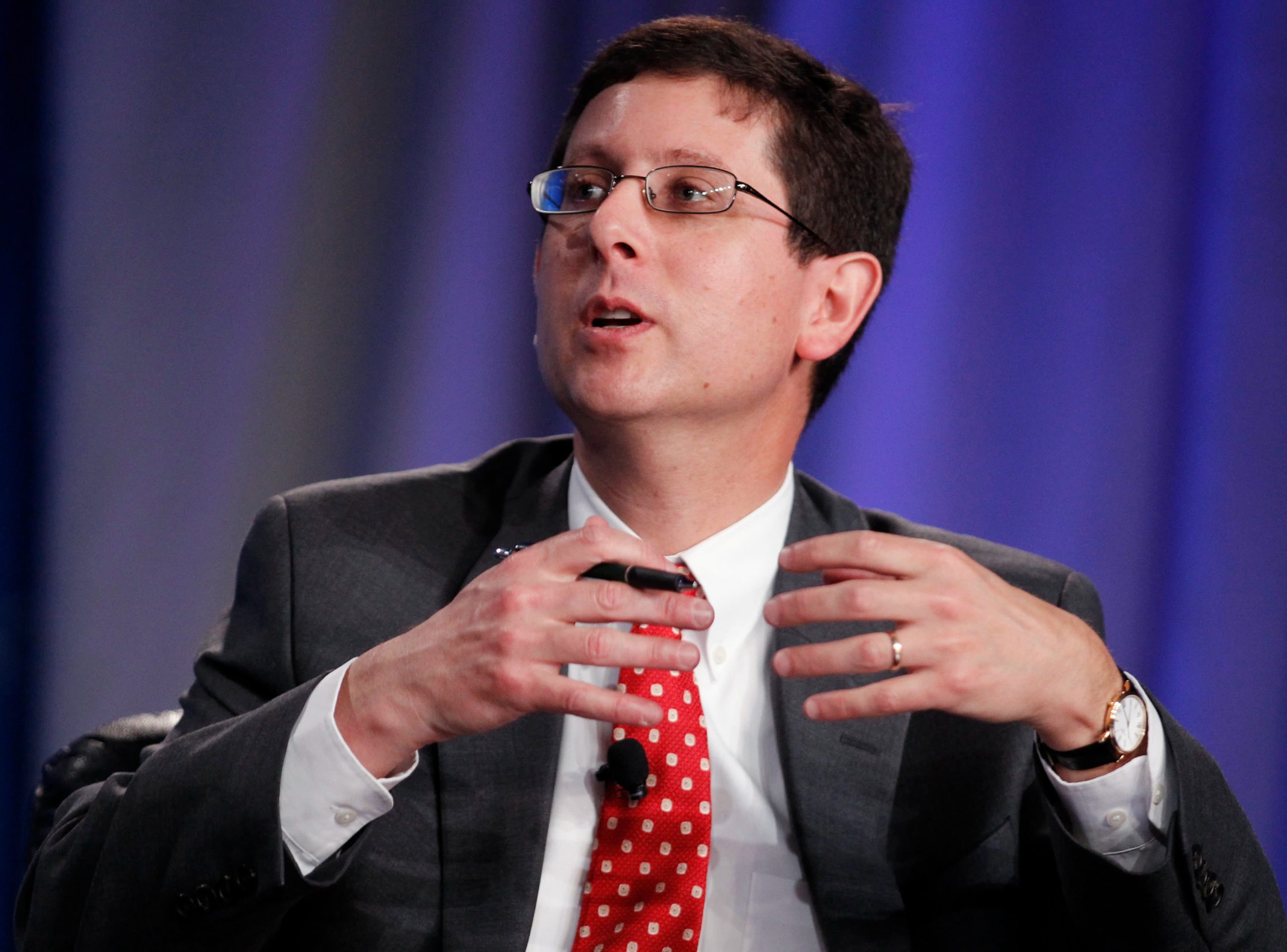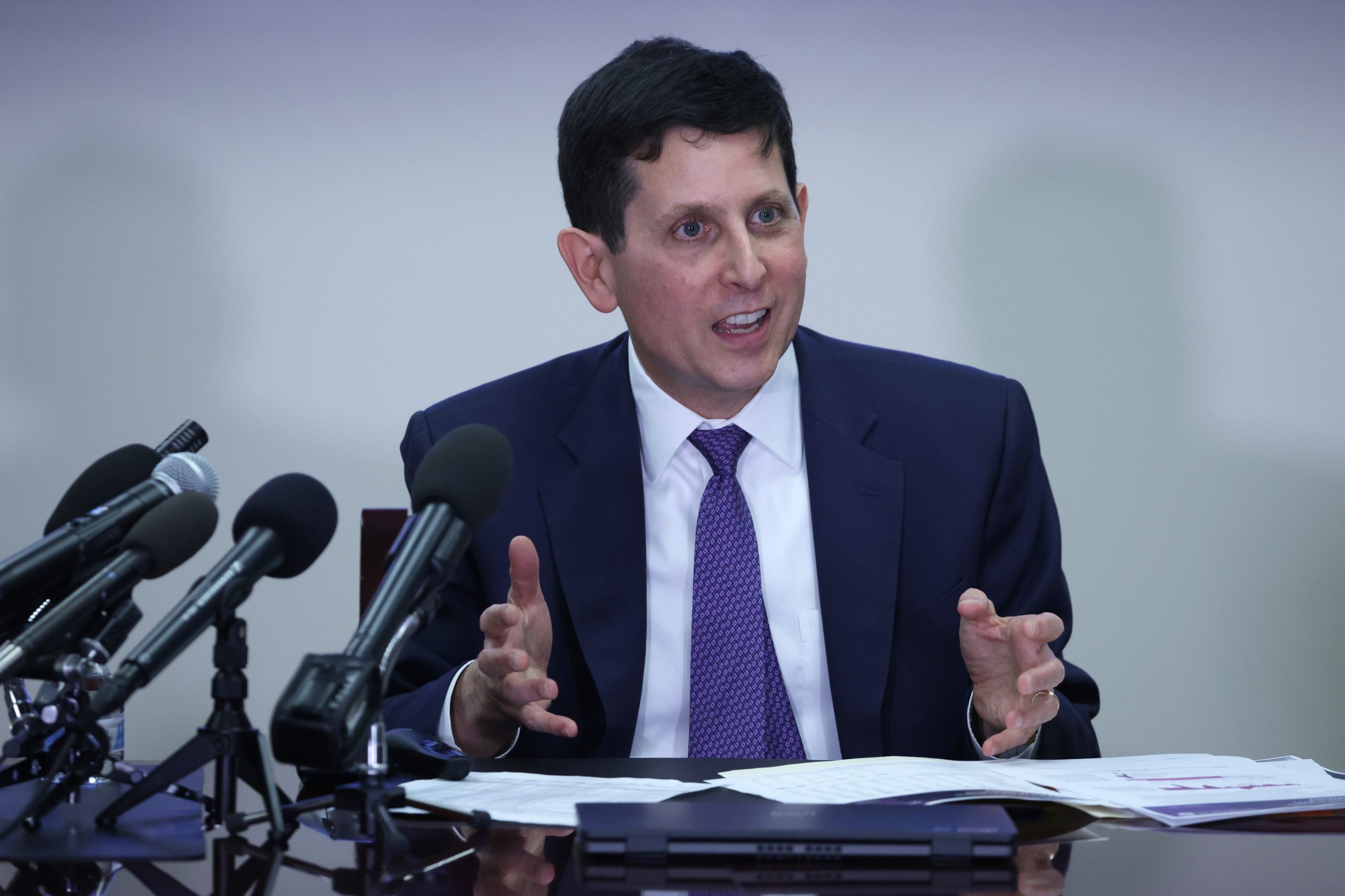The director of the Congressional Budget Office (CBO) warned House lawmakers about the potential threat to the U.S. economy posed by the growing national debt and the associated interest costs.
Phillip Swagel, the CBO director, testified before the budget committee, emphasizing that rising interest costs could crowd out other government resources and pose a risk to economic stability in the coming decade.
The CBO’s semi-annual report projected a $1 trillion increase in the yearly U.S. budget deficit over the next 10 years, with the deficit reaching $2.6 trillion in 2034. Swagel highlighted factors contributing to the rising national debt, including high interest rates, an aging population, and growth in federal healthcare costs.

CBO Director (Credits: CNBC)
The report also predicted that net interest as a percentage of gross domestic product would surpass non-defense discretionary spending in 2024. Swagel noted that the impact of rising immigration is projected to have a positive effect on the U.S. economy.
Increased immigration is expected to drive GDP growth of about $7 trillion over the next decade and increase government revenue by approximately $1 trillion compared to other scenarios.
He mentioned that immigration is associated with increased spending and highlighted the potential for higher income, output, and additional tax revenue resulting from a larger labor force.
While Republicans on the committee expressed satisfaction with the findings related to the Fiscal Responsibility Act of 2023, Democrats emphasized the need for changes to the tax code to generate more revenue and reduce the deficit. Swagel indicated that the next deficit update later this year would incorporate President Joe Biden’s proposed budget and any new laws passed by Congress.























